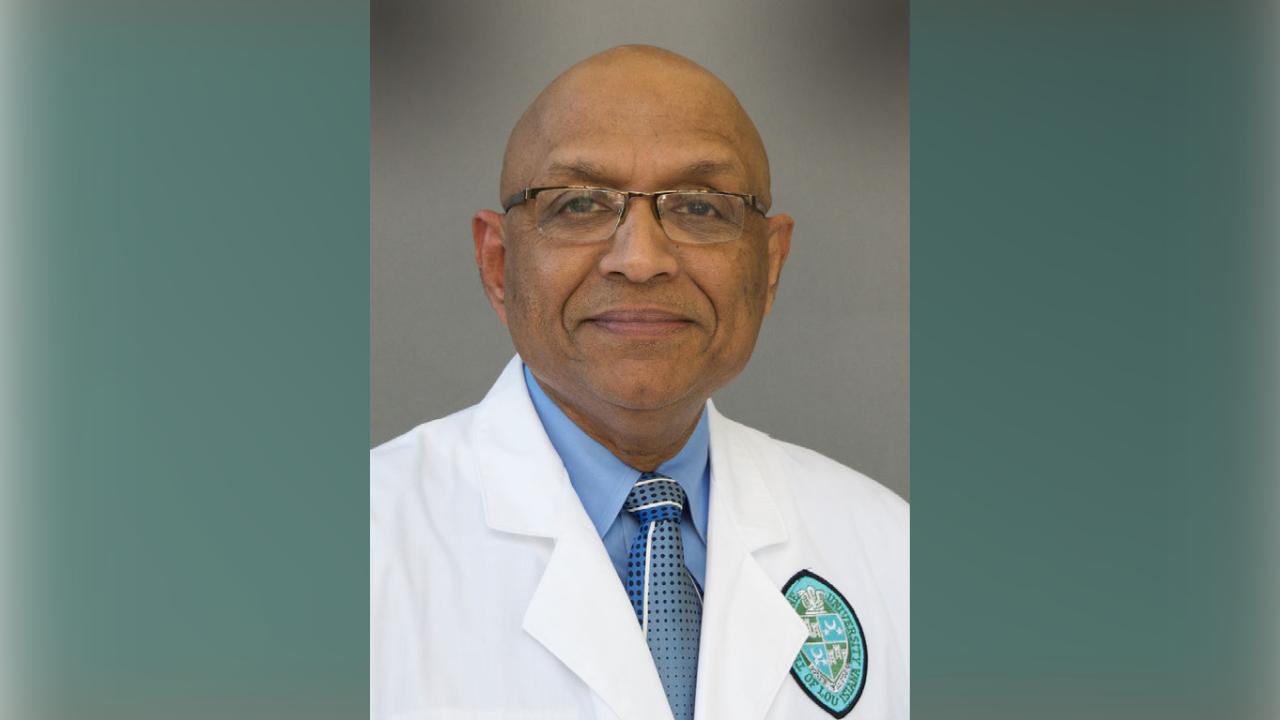Dr. Raju Thomas receives Spirit of Charity Award
Raju Thomas, MD, Professor and Chair of the Department of Urology at Tulane University School of Medicine, was honored with this year’s Spirit of Charity Award. The award is presented each year to a physician "whose career began or was nurtured in the healing and teaching wards of New Orleans' Charity Hospital and who has made a significant contribution to medicine." The nonprofit Spirit of Charity foundation was established in 1993.
“This award is not just for me, but in recognition of my urology teachers at Charity, my fellow faculty members, the ancillary staff that I worked with, and above all the patients who inspired and educated me and in whom I was privileged to utilize new minimally-invasive urologic technology and techniques,” said Thomas.
Dr. Thomas joined the Department of Urology in 1982 and helped pioneer minimally-invasive urological procedures to treat countless patients at Charity Hospital in the years before Hurricane Katrina. The 2005 storm and its aftermath has been the greatest challenge in his professional career. Thomas worked to get the residents under his care relocated to nationally-recognized urology programs within a month of the disaster and brought them all back to Tulane in time for their graduation ceremonies. The outstanding leadership and initiative exhibited during the crisis of Hurricane Katrina remains to be the most important moment that defined his crisis management and leadership skills.
Dr. Thomas received the Spirit of Charity Award at the foundation’s annual event.
“It was a wonderful honor to be able to come together as a community and celebrate the considerable contributions to medicine that Dr. Thomas has made and continues to make,” said Peter DeBlieux, MD, Executive Director of the Spirit of Charity Foundation. “His distinguished career and passion for our mission make him the perfect recipient of the 2021 Spirit of Charity Award. He continues our nearly 300-year legacy of promoting health and wellness, caring for those marginalized by societal inequities, and supporting our staff, learners and providers.”

